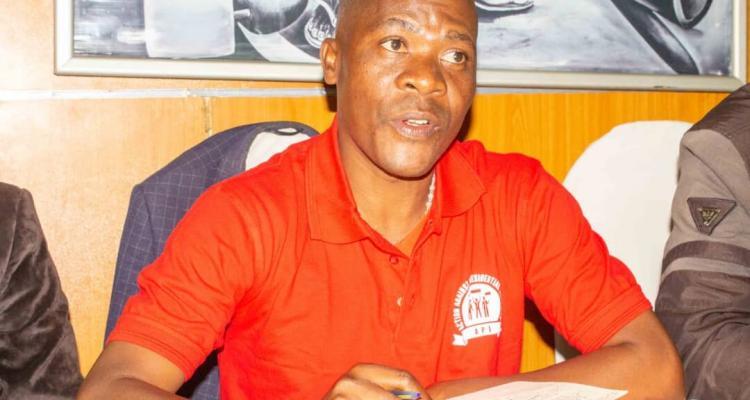
The Centre for Democracy and Economic Development Initiatives (CDEDI) says Electricity Generation Company (EGENCO) should be forced to put in place meters that should show daily recordings of power generation and this power is what should be paid for by the consumers, rather than the current situation where the consumers are paying for power that has not been delivered.
CDEDI Executive Director, Sylvester Namiwa, said this in a statement yesterday.
On Tuesday during a joint parliamentary committee meeting, ESCOM chief executive officer Kamkwamba Kumwenda confirmed that his organisation is playing at a loss because it pays for power that has never been delivered to it.
Kumwenda revealed that ESCOM has already paid EGENCO K190 billion for electricity delivered over the past four years but EGENCO is demanding additional K82 billion because it charges based on generation capacity available per month.
Namiwa in the statement demanded that all Power Purchase Agreements that are not making sense should be reviewed for the sake of ordinary people to have access and affordable electricity.
“EGENCO and all the IPPs (independent power producers) should be stopped from milking ESCOM with immediate effect; these companies are only benefiting the ruling elites and by extension skinning Malawians alive. Therefore, EGENCO should be forced to put in place meters that should show daily recordings of power generation, and this is what should be paid for by the consumers, not the current status quo where the consumers are paying for what has not been produced,” said Namiwa.
CDEDI conducted a fact validation exercise to unmask the causes of the electricity woes in the country where it discovered that ESCOM’s resolve to adjust the electricity tariffs as the parastatal does not get subvention from government.
Namiwa has since written the Energy Minister Ibrahim Matola to propose to the Minister of Finance to allocate resources to ESCOM in the 2022–2023 National Budget to meet the revenue requirements of the power market, in order to avert the imminent electricity tariff hike, and in the process protect further deforestation.
As observed in the fact validation exercise, Namiwa has also asked Reserve Bank of Malawi (RBM) Governor Dr. Wilson Banda to stop giving preferential treatment to JCM Power by allowing them to be charging ESCOM in US dollars.
“Despite the Malawi Kwacha being the legal tender in Malawi, some IPPs in the country, notably JCM Power, is charging ESCOM in United States dollars. EGENCO has also applied to both the Reserve Bank of Malawi (RBM) and MERA so that they, too, should be allowed to quote their prices in US dollars, but we have written RBM Governor to stop the trend,” says Namiwa.
Commenting on the current single buyer contention, Namiwa said MERA awarded four licenses to ESCOM following the amendment of the Electricity Act of 2016, that also led to the unbundling of ESCOM, which resulted in the birth of EGENCO as a power generation company.
The licences that were awarded to ESCOM by MERA are: Transmission for 30 years; Distribution for 20 years; System Market Operator for 25 years; Single Buyers for 25 years.
“Section 5 of the Electricity Act (amended) 2016 clearly states that the MERA shall issue licences for system and market operation and single buyer to the current holder of transmission and distribution, which is ESCOM, therefore the law must be followed as long as it is to the advantage of the nation,” he said.
CDEDI has since penned MERA Chief Executive Officer, Henry Kachaje, to explain the Single Buyer licence ownership between ESCOM and PML.
“This tug-of-war between ESCOM and PML is threatening the survival of the energy sector and if not resolved speedily will soon degenerate into demotivation and sabotage,” he said.
Namiwa has further challenged President Lazarus Chakwera to come up with a clear roadmap on the same or else his organisation will have no option but to mobilise Malawians for nationwide peaceful demonstrations.
Follow us on Twitter:














